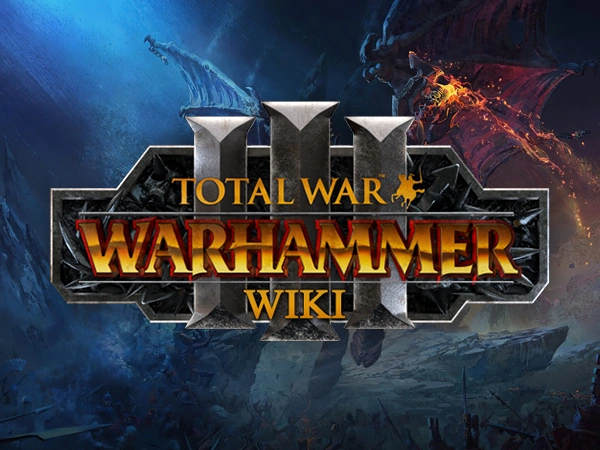@Blackout world building question. Male Dwarfs are far more common then female Dwarfs right? This seems to mean that the vast majority of male Dwarfs will never have children of their own. How do the Dwarfs handle the personal grudges held by the vast amount of childless Dwarfs who leave behind no heir to complete them?
The dwarfs have different levels of grudges, depending on who is obligated to try to seek vengeance for it. Every dwarf has a personal Book of Grudges (or they may create one at any time, should they not have one already), every clan has its own Book of Grudges, every Karak has its own Book of Grudges, and the Great Book of Grudges is held by the High King in Karaz-A-Karak. There are also guild grudges, but they function a bit differently and don't slot into a neat pyramid.
Any dwarf can issue a personal grudge for any reason, but at the same time, nobody aside from their own children is obligated to respect it or help the dwarf right it, which serves to disincentivize frivolous grudges. Sure, you
can declare a grudge over the fact that the axeshaft you bought from the Carpenters' Guild snapped after a mere two hundred years, but if you tried to take that to the Reckoners or the Thanes you would get laughed at.
However, every dwarf also has the right to bring the matter to their clan's Thane, and if the wrong done to their kinsman is deemed severe enough to be a grudge against not just him as an individual, but the clan as a whole, they will write it down in the clan's Book of Grudges. From then on out, every member of that clan has a duty and responsibility to try to avenge that grudge whenever they have the opportunity.
But every Thane in a Karak also has the right to escalate the matter and bring it to their King, who may enter it into the hold's Book of Grudges, which now places that responsibility to avenge it on the Karak and every dwarf in it. And likewise, every King in the Karaz Ankor has the right to petition the High King to add a grudge to the Great Book of Grudges, extending it to cover every dwarf alive (at least in theory).
This functions as a release valve for the dwarfs' vengefulness: if the grudge is severe enough that the dwarf would otherwise run off by themselves and get themselves killed trying to right it, the clan can write it down and that dwarf can go back to his life content that the clan will eventually take restitution for it, even if it takes millennia. If a clan lacks the resources to avenge a grudge and the King doesn't want his jewelsmith clan to all pick up weapons and go die charging into a Skaven tunnel, he can enter it into the Karak's book of grudges to allay their concerns that the dwarfhold's greater resources will allow them to handle the matter better. And likewise if the High King doesn't want an entire Karak of the Karaz Ankor to be obsessing over a grudge when they could be focusing on other concerns, he can enter it into the Great Book of Grudges to ensure that even should that Karak fall someone will right that wrong eventually.
But looping back around to your question, at each level if the matter was not escalated any higher and the people responsible for avenging a grudge die out, that grudge dies with them. If a dwarf dies childless, his personal grudges will remain forever unavenged. If a clan is wiped out, all of its grudges go with it. If a Karak and all of its clans are destroyed its grudges do not automatically transfer over to another hold, though in practice this almost never happens because there's usually at least some survivors to be absorbed as refugees. And naturally if the dwarfs were to be exterminated, there would be nobody left to avenge any grudges.
Of course, none of that stops other dwarfs from declaring grudges to avenge their fallen kin, but those are new grudges being created, not the old ones being transferred.
For a grudge to go extinct is seen as deeply shameful for those who failed to fulfill them in life, which is a big part of why dwarfs don't usually like to get themselves killed trying to avenge grudges because that inevitably leaves others unfulfilled. But it is also a fact of life that it happens sometimes, and it can't have been
that bad or else it would have been escalated higher.
@Blackout is Fanriel aware of cases of magic items being created by being implemented by magical spirits or daemons? Would having a research action to try to develop a spell for implementing elementals into inanimate objects be a valid action for one of our downtimes?
Yes.
